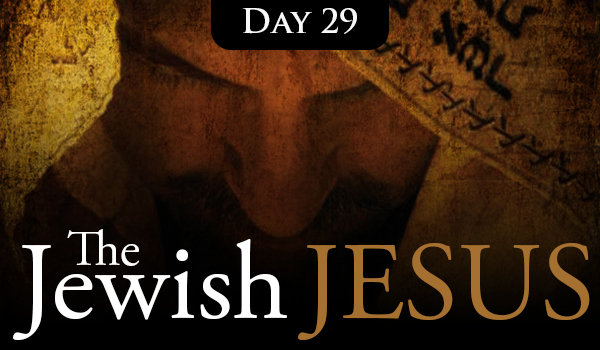
In the past God spoke to our ancestors through the prophets at many times and in various ways, but in these last days he has spoken to us by his Son, whom he appointed heir of all things, and through whom also he made the universe.
Hebrew 1:1–2
You may be asking why we are looking at a book written a few decades after Jesus’ life. It’s because Hebrews brings to light the transition that Jewish Christians were struggling with. They were tempted to either revert to Judaism or try to “Judaize” the Gospel. In other words, they were trying to convince themselves and the Gentile believers to still follow the rituals, sacrifices, and laws of God, neglecting the truth that revolves around what Jesus fulfilled.
The Apostle Peter even struggled with this to a degree, and Paul confronted him about it in Galatians 2:11–21. Think of it: for centuries, the way to God was marked by ritual, obeying the law, and animal sacrifice. Now, this was no longer what was most important or needed. I imagine this paradigm shift was difficult to grasp for many.
The author of this New Testament book—written in Greek, not Hebrew—was possibly Paul, Apollos, or Barnabas. Through numerous Old Testament quotes, he established clear facts for the Jews. God was now speaking to man through Jesus. He was (and is) greater than angels and even the revered Moses (Hebrews 3:3).
The book also contains several exhortations to avoid false teaching (2:1), not rebel or have unbelief (3:7–12), mature in the faith (6:1), persevere in doing God’s will (10:36–39), and properly worship Him (12:28–29). It greatly elaborates on the strong theme of Jesus as the ultimate High Priest, which we looked at on a previous day. Passages on the subject include Hebrews 4:14–5:10 and 6:20–7:28. In Chapter 8, He is named High Priest of a New Covenant. And since He is the High Priest, He could enter into the Most Holy Place because of His own shed blood (9:12). The forgiveness of sin was dealt with once and for all (9:26–28).
Hebrews concludes with a wealth of practical application. One of the most encouraging chapters in the Bible for me is Hebrews 11, also known as the “Faith Chapter”. It takes us through the Old Testament and speaks of many individuals who were credited with having great faith. Likewise, we should have faith. We should “…throw off everything that hinders and the sin that so easily entangles. And let us run with perseverance the race marked out for us” (12:1b).
Hebrews closes in Chapter 13 with some final exhortations to these Jews, urging them to righteous living in marriage, money, obedience, and prayer. Though we are not the originally intended audience, we would be wise to heed these words as well.
